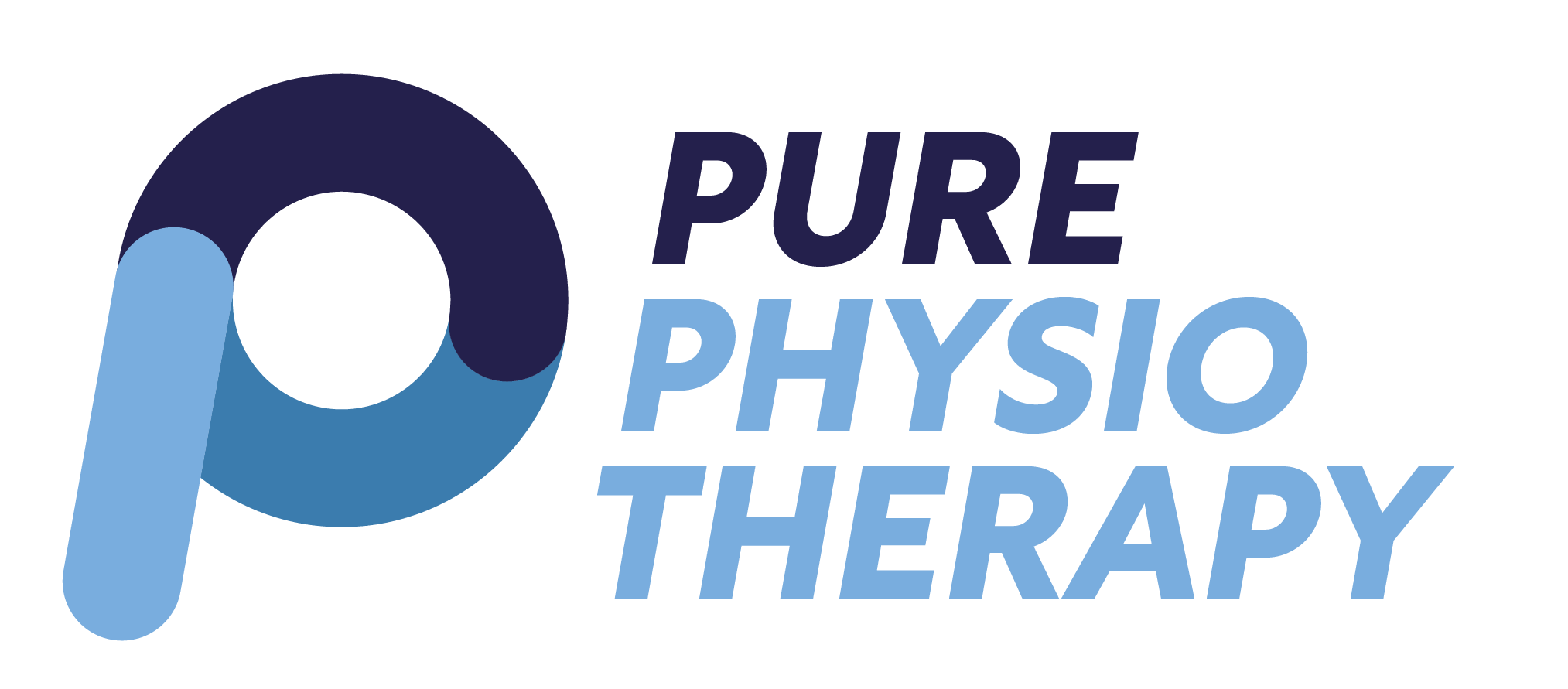What is a first contact practitioner (FCP)?
A first contact practitioner (FCP) is an experienced physiotherapist who acts as the first point of call to assess and treat musculoskeletal conditions as quickly and effectively as possible. Instead of patients being seen by a GP and then referred to a physio (a process that can take several weeks), the GP practice can directly book the patients with MSK conditions to see an FCP. Their extensive knowledge allows them to quickly identify a likely diagnosis and recommend immediate treatment or onward referral for further investigation or specialist intervention. They can also guide patients to self-manage their condition without the need for regular reviews or the involvement of others.
Role of an FCP?
A key role of the FCP is to ease the pressure on GPs while ensuring the efficient and safe management of patients. This includes offloading appointment times, providing a personalised care approach and easing burdens on secondary care.
Approximately 30% of patients that GPs see are those with musculoskeletal complaints.
These patients are often referred to outpatient physiotherapy at their local general hospital but are then put on a waiting list to be seen. But, in some cases, by the time the patient gets to see the physiotherapist the problem has worsened and recovery will take longer.
The role of healthcare is not just to treat, but also an opportunity to educate and empower patients to manage their condition and make them aware of appropriate treatment options available. Patients are now encouraged to make an informed decision on how they would like to be managed. In doing so, the structure of healthcare has needed to significantly change.
When did the FCP role start?
The FCP role only started in April 2020 as part of the Additional Roles Reimbursement Scheme (ARRS). The aim of this was to provide support to primary care by placing experienced clinicians to help support GPs and other staff. It was a way of bridging the gap between primary and community care with a focus on population health. It also allowed a wider range of skills to be in primary care with FCPs joining pharmacists, paramedics, social prescribers and other health and social care professionals.
Before the role of an FCP was launched it was trialled in five separate regions within England. Outcomes from these trials were hugely encouraging with high patient satisfaction rates, reduced prescribing costs and fewer patients needing to be referred for imaging and secondary care.
So, do I need to see a GP, FCP or physio?
FCPs are placed in GP surgeries to be able to see patients quickly and provide advice on musculoskeletal treatment and management so that patients can make a quick recovery.
Any issue that would require more intensive therapy or regularly monitored can still be directly referred to the physiotherapy department. If the FCP feels that further investigations may be indicated, onward referrals can be requested without further need for GP involvement.
As the role of a first contact practitioner is becoming more common in GP surgeries, the resources that FCPs have access to are also improving. Most patients that see an FCP, and have simple MSK conditions, do not need to see anyone else and can manage the issue by themselves. The FCP works as part of the surgery team and has access to all specialist colleagues if they have any other medical concerns.
If your problem is not related to a musculoskeletal problem, you would be treated by your GP as normal.
What if my GP doesn’t have an FCP service?
The wonderful thing about healthcare now is that surgeries are always encouraged to look for ways to improve the service they can provide. They are usually more than happy to hear from patients who have suggestions of practical solutions to improve the service and may even have a patient panel that meets regularly with practice managers to provide patient feedback on service user experience and possible improvement.
If you have any further questions about FCP, please feel free to get in contact!


